Today we celebrate Waste and Recycling Workers Week. We recognize and appreciate the dedicated individuals who handle the waste we produce daily. These workers are responsible for collecting residential trash, often starting their routes at dawn and braving all kinds of weather. They play a crucial role in maintaining public health, ensuring environmental safety, and keeping our urban areas clean. If you work in city or town government, you know that trash and recycling services are a high priority for community members.
The Importance of Waste and Recycling Workers Week
This celebration was founded to shed light on the essential yet often overlooked work of sanitation professionals. While many of us place our bins curbside and forget about them, garbage collectors brave challenging conditions and significant risks—exposure to hazardous materials, heavy lifting, and traffic dangers—to ensure our communities stay clean.
Ways to Celebrate:
- Say “thank you” to your garbage collection team.
- Leave a note or small token of appreciation.
- Educate others about the importance of sanitation work.
- Participate in local clean-up or recycling drives.
Acknowledging the contributions of these workers not only shows gratitude but also fosters greater public respect for a profession that is crucial to community functionality.
But beyond the celebration lies a growing concern: the rising cost of trash disposal. As we produce more waste and struggle to manage it sustainably, communities across the country are grappling with how to keep sanitation services efficient and affordable.
The Hidden Price of Waste: Escalating Trash Disposal Costs
Behind every garbage pickup is a complex, costly process that includes transportation, sorting, recycling, and landfill management. These costs have been steadily increasing due to several converging factors:
Increased Waste Generation – The U.S. produces nearly 300 million tons of municipal solid waste annually. The rise of online shopping, disposable packaging, and single-use plastics adds to this burden, requiring more frequent collections and larger disposal capacities.
Landfill Closures and Tipping Fees – Landfill space is shrinking. Many states are closing older landfills or reaching capacity, which means hauling waste longer distances and paying higher tipping fees—the price per ton charged to dispose of trash. In some regions, fees have doubled over the past decade.
Recycling Challenges – Once a cost-saving measure, recycling has become more expensive. China’s 2018 “National Sword” policy severely restricted the import of contaminated recyclables, forcing U.S. municipalities to either pay more for cleaner recycling streams or divert recyclables to landfills.
Labor and Fuel Costs – Like many sectors, the waste management industry faces labor shortages and rising fuel prices. These factors increase operational expenses, which often get passed on to residents and businesses.
Smarter Waste Management
The challenges posed by rising costs provide an opportunity to rethink our waste management strategies and explore grant opportunities for support. Here are key areas to focus on:
- Updated Technology: Smart bins, automated trucks, and AI-powered sorting systems can improve efficiency.
- Encourage Waste Reduction: Local policies that incentivize composting, reuse, and minimal packaging can reduce the waste stream.
- Expand Producer Responsibility: Holding manufacturers accountable for the end-life of their products can shift disposal burdens.
- Community Education: Teaching proper recycling and waste reduction practices can make a measurable impact.
This isn’t just a time to show appreciation—it’s also a call to action. As the cost and complexity of waste disposal grow, so must our commitment to sustainability and innovation. By supporting our sanitation workers and embracing smarter waste strategies, we can create cleaner, more resilient communities for the future.
About Capital Strategic Solutions
CSS is a certified woman-owned, disadvantaged business enterprise of municipal experts delivering creative, cost-effective solutions that maximize success and minimize risk. With deep local government expertise, we craft tailored strategies to meet each community’s unique needs.
Our capabilities span public administration, municipal finance, human resources, policy development, emergency management, public safety, public works, water operations, interim municipal services, public relations, community engagement, project management, grant writing, and onsite support. We partner with clients to define clear goals, overcome challenges, and implement human-centered plans that drive performance and transform communities.

